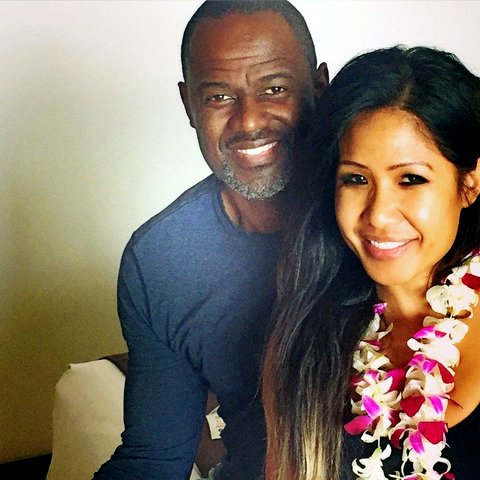It doesn’t exactly roll of the tongue, and it sounds a little bit like dating as imagined by an unfeeling robot, but is actually quite good when you think about it. What might stand out there is the word “attractional”. Van der Hart was keen to emphasise that attraction is both godly and important. You’re allowed to find someone attractive, and for looks to play a role in that. Of course, true attraction hopefully runs deeper than just ticking off a visual checklist (or swiping left or right on Tinder), but it’s also okay to not be physically attracted to someone.
It’s not you, it’s me
Dating is about you and another person, but the “you” part is quite essential. The course reminded me how much our approach to dating will be so bound up with our own insecurities. One crucial point made was that you mustn’t see dating as a fix for your own insecurities. If you have low self-esteem, that won’t be improved by getting into a relationship. In fact, dating and relationships will only aggravate your insecurities as they place you under the spotlight, and you find yourself confronted with your own character.
Although Hollywood, and often Church culture, can place great emphasis on finding a relationship to make you happy, it’s important to remember that dating cannot “fix” you. Everyone is broken, and marriage is just two broken people getting together, still being broken.
Van der Hart said that getting “date ready” is about establishing self esteem, not expecting the date to be your source of confidence. He warned us to avoid disastrous clichés such as “you complete me”, and “I couldn’t live without you.” It’s Christian faith, and the profound value of identity in God, that gives you the self confidence you need.
 Are wedding bells ringing? Christians tend to think about marriage quite a lot, which can make dating quite tense. Maybe they should stop.Pixabay
Are wedding bells ringing? Christians tend to think about marriage quite a lot, which can make dating quite tense. Maybe they should stop.PixabayDating isn’t biblical
Dating isn’t biblical! That may surprise you! It’s an obvious but crucial point: dating is nowhere to be found in the Bible, nor in human history, until sometime in the 18th century. Most marriages in human history have been arranged ones, and dating, van der Hart says “is what happens when you have to arrange your own marriage.” Instead, he said, we can use Biblical principles as we date and relate, such as emphasis on character formation. For example, Van der Hart invited us to make certain promises to ourselves as we date. “Honour every person that you date, and leave them better off.” I like that. I envisage a sort of benevolent Casanova, though that may not be what he meant.
Not ‘The One’
Christians were reminded not to overspiritualise dating, or use God to manipulate one’s partner. You can forget the classical notion of “the One”, which van der Hart described as “a set of chains that weigh you down”, binding you with the paralysing fear that you haven’t married your true magical counterpart. In general, we were warned never to say “God told me I’m going to marry you,” an approach that ends up using the divine as a cruel tool, in a way that’s almost impossible to argue with.
Keeping it real

The sessions (I went to two of the three) were thoughtful in their embrace of the awkward humanness of dating. The last session took on crucial questions about when you know it’s time to really commit to a relationship for the future, or why and how you might go about breaking one off. It reminded us not to expect perfection from a relationship, and to be prepared for hard work.
The course balanced secular and biblical foundations well, in a way that recognised the essential value of Christian faith, without feeling like an exclusive Christianese sermon.
The course is a great idea, was excellently done, and is set to return in the Autumn. I might even be a little inspired by it all. Now I just need to go on an actual date.



